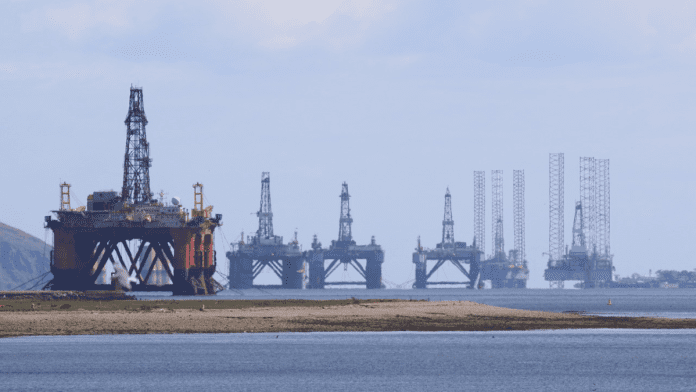🕒 Last updated on July 16, 2025
Climate change isn’t just bad for the environment—it’s bad for your investments too. Some of the world’s largest investors are now warning that the impact of climate change on stock markets could be much worse than what most models are showing.
Big Investors Sound the Alarm on Climate Risk
Norway’s oil fund, the world’s largest investment fund, recently posted a startling message. If climate change keeps going the way it is, their investments in U.S. companies could drop by 19%. That’s nearly one-fifth of their U.S. stock value gone—all due to natural disasters like floods, droughts, and extreme heat.
What makes this even more serious is that many popular financial models, like the ones used by MSCI (a company that helps manage investments), predict only a 2% loss by 2080. Those models are significantly too optimistic, according to Norway’s fund. Their own calculations show the damage could be much larger—and happen much faster.
In addition to managing close to $2 trillion, the Norwegian fund owns roughly 1.5% of all publicly traded companies worldwide. When such a powerful player speaks up, people tend to listen. They believe that most current models don’t take into account all the ways climate change will affect the economy—especially the domino effects that can ripple across industries and countries.
Global Economy Faces Huge Climate-Linked Losses
The concern of climate change’s financial impact is not only theoretical. Some experts are warning that many countries may face massive economic damage sooner than expected. According to a global study group, the global GDP, which is a measure of all the products and services produced worldwide, might drop by 30% by the year 2100 if the world continues on its current course.
Even before then, the damage could be severe. Some countries might see their economies shrink by 25% as early as 2050. And in just the next five years, climate disasters like wildfires, floods, and hurricanes could already cut global economic growth by up to 3%.
So, while financial models might show small losses for investors, real-world climate events could be much more damaging. Experts say that the models many investment managers use are giving a false sense of safety. This leads to inaction—with fund managers and pension funds continuing to invest in polluting industries instead of supporting clean energy.
This is worrying because it means money is still going into businesses that hurt the planet and slow down progress on climate goals. At the same time, clean energy projects are struggling to get the funding they need. In simple words, investors are not putting their money where their climate promises are.
Huge Losses Predicted for Stock Portfolios
Many experts have started to point out the flaws in popular investment models. These models often suggest that whether the world takes action on climate change or not, the effect on investments will be almost the same. That kind of thinking makes investors too comfortable—and could lead to very painful surprises.
Climate change could wipe out 10% to 40% of a typical portfolio consisting of 60% stocks and 40% bonds, according to one global wealth fund. Another report from a top business school warned that if no major action is taken, global stock markets could lose more than 40% of their value.
Catastrophe Bonds Hit Record $18B as Insurers Offload Climate Risk
The problem is simple: the models being used don’t match the real risks. One example showed that a model predicted only a 4% drop in value even if the planet warms by nearly 5°C. But many economists believe that even a 1°C rise in temperature could lead to a 12% drop in GDP. The math doesn’t add up.
Some groups are calling this a major failure in the system. They say that fund managers are being misled by outdated or limited models, and that this misleads the people who trust these funds with their retirement savings and future. The result is billions of dollars still being invested in oil, gas, and other high-carbon industries.
In one meeting with Norwegian pension funds, civil society groups raised concerns that even though some investors are now speaking up, they are still limited by rules that focus only on returns and not on climate safety.
There’s also concern that big funds still hold large shares in fossil fuel companies, despite saying they support the Paris climate goals. This raises questions about whether their actions match their promises.
One analyst described the situation as speaking with a “forked tongue”—saying ”one thing, but doing another. In the end, it’s the planet, and the people who depend on these investments, who may pay the price.

